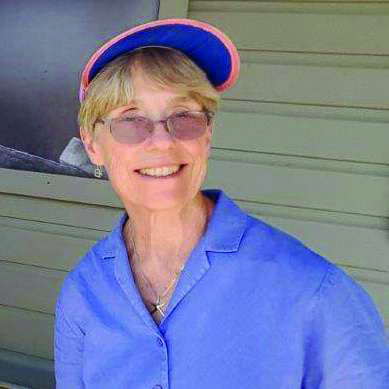We’re looking forward to introducing you to Debby Mayer. Check out our conversation below.
Good morning Debby, we’re so happy to have you here with us and we’d love to explore your story and how you think about life and legacy and so much more. So let’s start with a question we often ask: What do the first 90 minutes of your day look like?
The alarm rings at 5:30 a.m. I push the button to start coffee and say Good Morning to Carrot and Zucchini, the two Guinea pigs snoozing in their cage, across the living room from my desk. I open the vertical blinds and examine the morning through the sliding-glass door next to my desk. I get a cup of coffee and examine the morning further, over my balcony to the “forest” of adobe buildings punctuated by small trees, in this strange but pleasant place of Southern California. By 6 a.m. I’m writing. Four mornings a week, I write Travels with Sizzle, my Substack series. Sizzle was my dog, and in my head, she still is. She’s not a sweet dog, never was, and our conversations suffer no fools gladly, or at all. I post Travels with Sizzle on Mondays, and then I take three mornings to do the real writing on other projects—the pitch for Travels with Sizzle as a book, reviewing a novel chapter that I want to send out as a short story, fine-tuning an essay for a submission deadline. This all ends at 7, when I need to do some exercises and eat breakfast, so I can be back at the desk at 9, ready for another level of working for myself.
Can you briefly introduce yourself and share what makes you or your brand unique?
I write stories for Baby Boomer women. Some of the stories are true, some are made up, and some mix truth and fiction. I’ve published a novel, Sisters (Putnam’s, Berkley, both PRH imprints); a memoir, Riptides (Epigraph); several short stories, in The New Yorker, Redbook, and literary magazines; and reams of community journalism. I think my writing style is accessible, thanks to years of reporting for a small-town newspaper. Like Elmore Leonard, I try to “leave out the parts that people skip.” Like Martin Cruz Smith (1942-2025), I know that “All that [journalistic] writing tells you to get it down on paper, to do it, not to sit around making diagrams for six months.”
Great, so let’s dive into your journey a bit more. Who were you before the world told you who you had to be?
I was a writer, from the early single digits. The world, in the form of my parents, told me that I couldn’t support myself that way, and this was in the day before Cokie Roberts and Nina Totenberg on NPR. By the time I was listening to them, it was too late for me to try to be them. But I don’t resent my day jobs—arts administration, editing—or beat myself up for not being, or doing more. No point in that.
What have been the defining wounds of your life—and how have you healed them?
I call it the seminal experience of my life—the illness and death of my husband, at 56, from central nervous system lymphoma. There was Before Dan, and After Dan. But I’d like to say that I consider myself an incarnate example of living a rich life after profound loss. I also learned, the hard way, to be skeptical of the U.S. health-care system. Again, it’s a life aspect that doesn’t bear study—if this hadn’t happened, would that have happened? You don’t make outlines. You go on.
I think our readers would appreciate hearing more about your values and what you think matters in life and career, etc. So our next question is along those lines. Is the public version of you the real you?
I believe so. Possibly the public version of myself is more polite than the real me, but I think I’m achieving a good balance on that—in which I’m fair, but not taken advantage of. I’m a church-goin’ woman—Episcopal—and my faith grounds me, and gives me perspective. For example, perhaps Dan’s death was unfair, but it also was merciful. Particularly in the U.S., people think that the sun revolves around them. It doesn’t.
Thank you so much for all of your openness so far. Maybe we can close with a future oriented question. If you knew you had 10 years left, what would you stop doing immediately?
I probably have about 10 years left, if I’m lucky.
What I work on constantly is dropping volunteer commitments that are no longer fun. So far, I’ve dropped four! Not all at the same time, but as I found that they weren’t fun. As Dave Barry writes, in “Lessons from Lucy” (his dog), the second lesson from Lucy: Don’t Stop Having Fun. And If You have Stopped, Start Having Fun Again.
For writing, there’s this from Cormac McCarthy (1933-2023): “Your future gets shorter and you recognize that,” he said in 2009. “In recent years, I have had no desire to do anything but work and be with John [his son]. I hear people talking about going on a vacation or something and I think, what is that about? I have no desire to go on a trip. My perfect day is sitting in a room with some blank paper. That’s heaven. That’s gold and anything else is just a waste of time.”
Amen.
OK, I am making plans to go back East in October, to visit friends. As Dave Barry’s Lucy says: Make New Friends. But Keep the Ones You Have.
But ideally, I would have McCarthy’s discipline. For me, that’s my constant conundrum as a writer. Be disciplined. But have fun.
Contact Info:
- Website: https://debbymayer.com/
- Linkedin: https://www.linkedin.com/in/debby-mayer-6b8b2429/
- Facebook: https://www.facebook.com/
- Other: https://travelswithsizzle.substack.com/
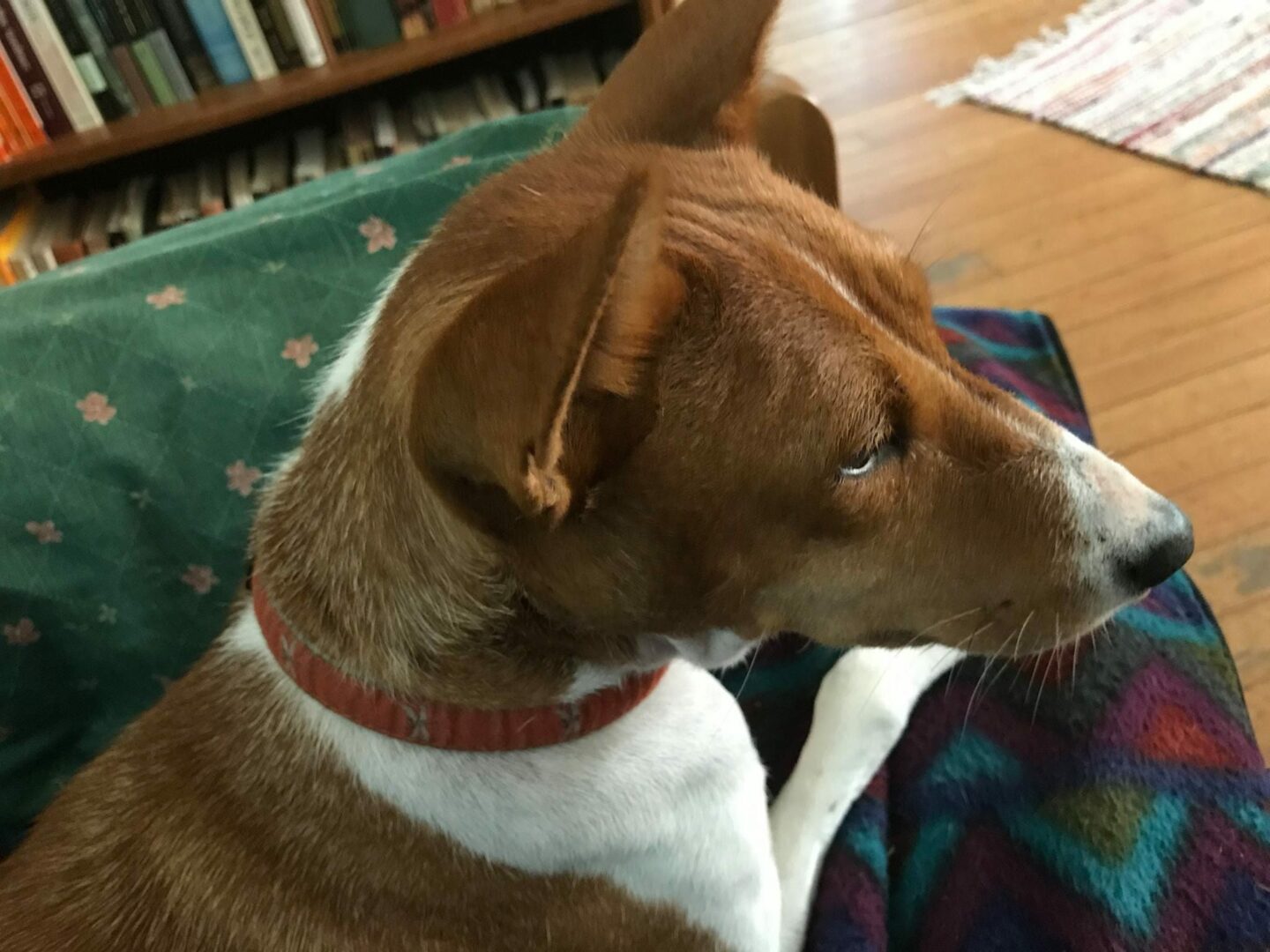
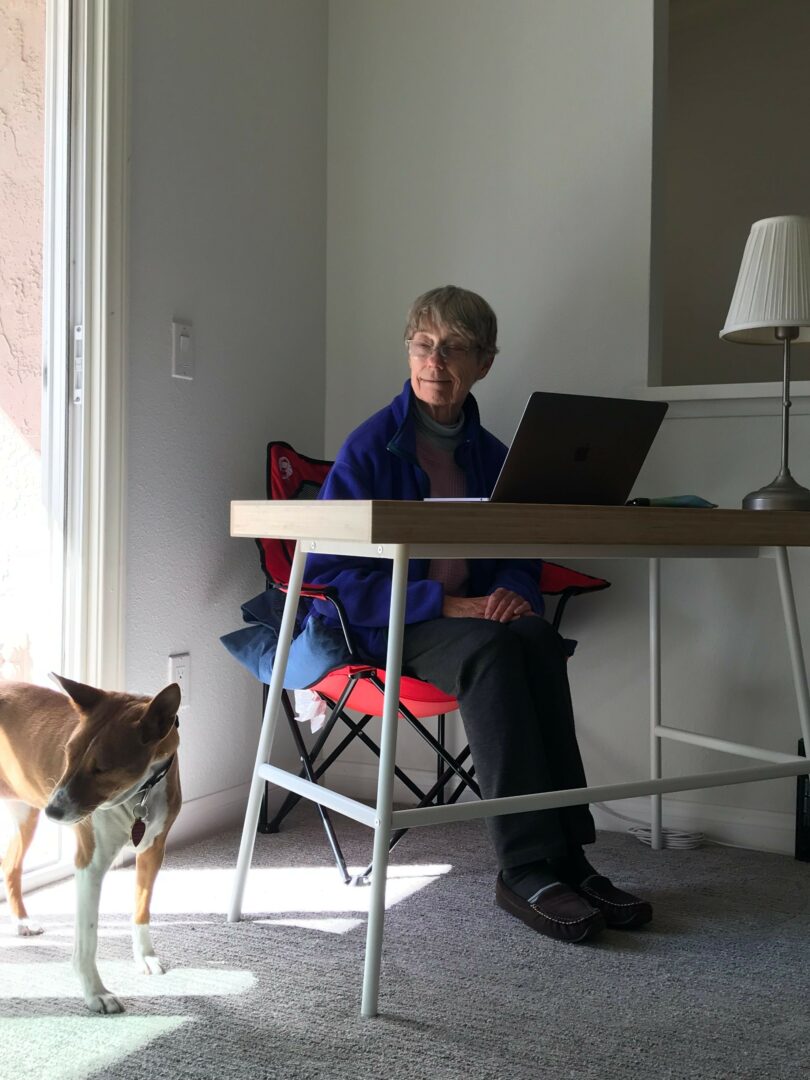
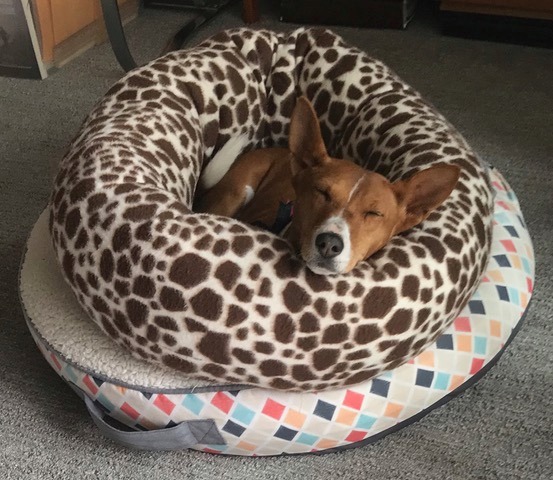
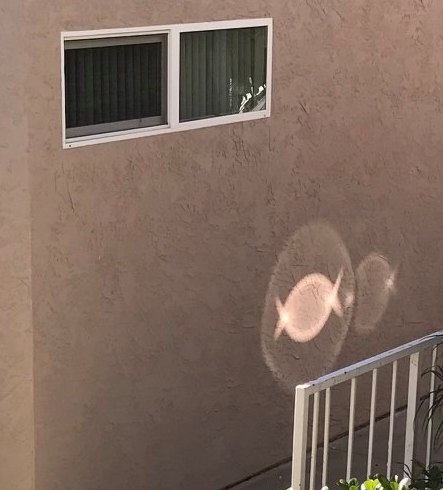
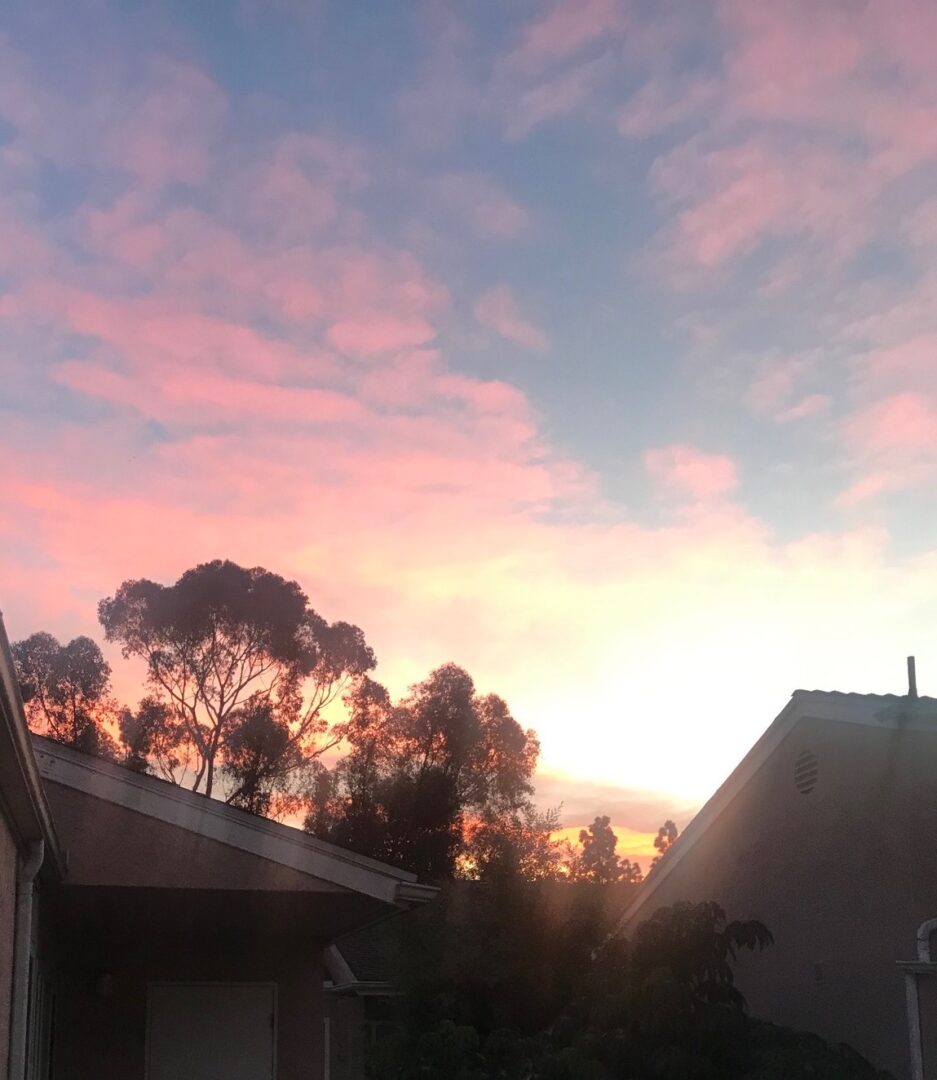
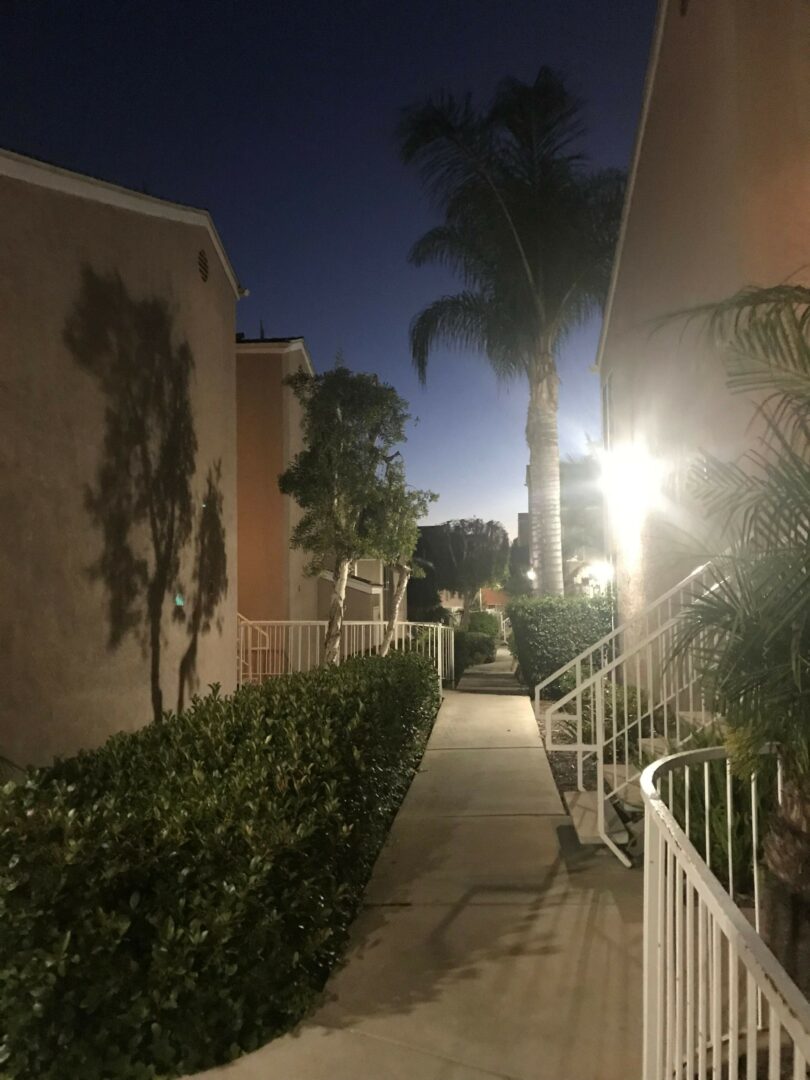
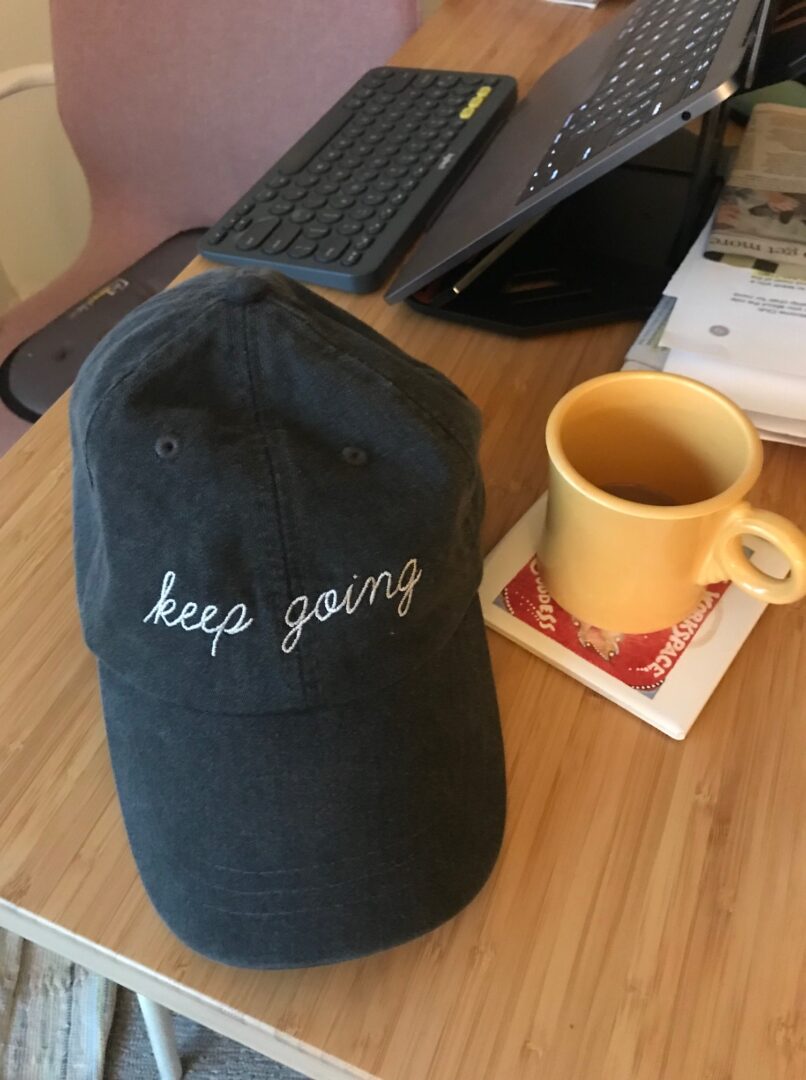
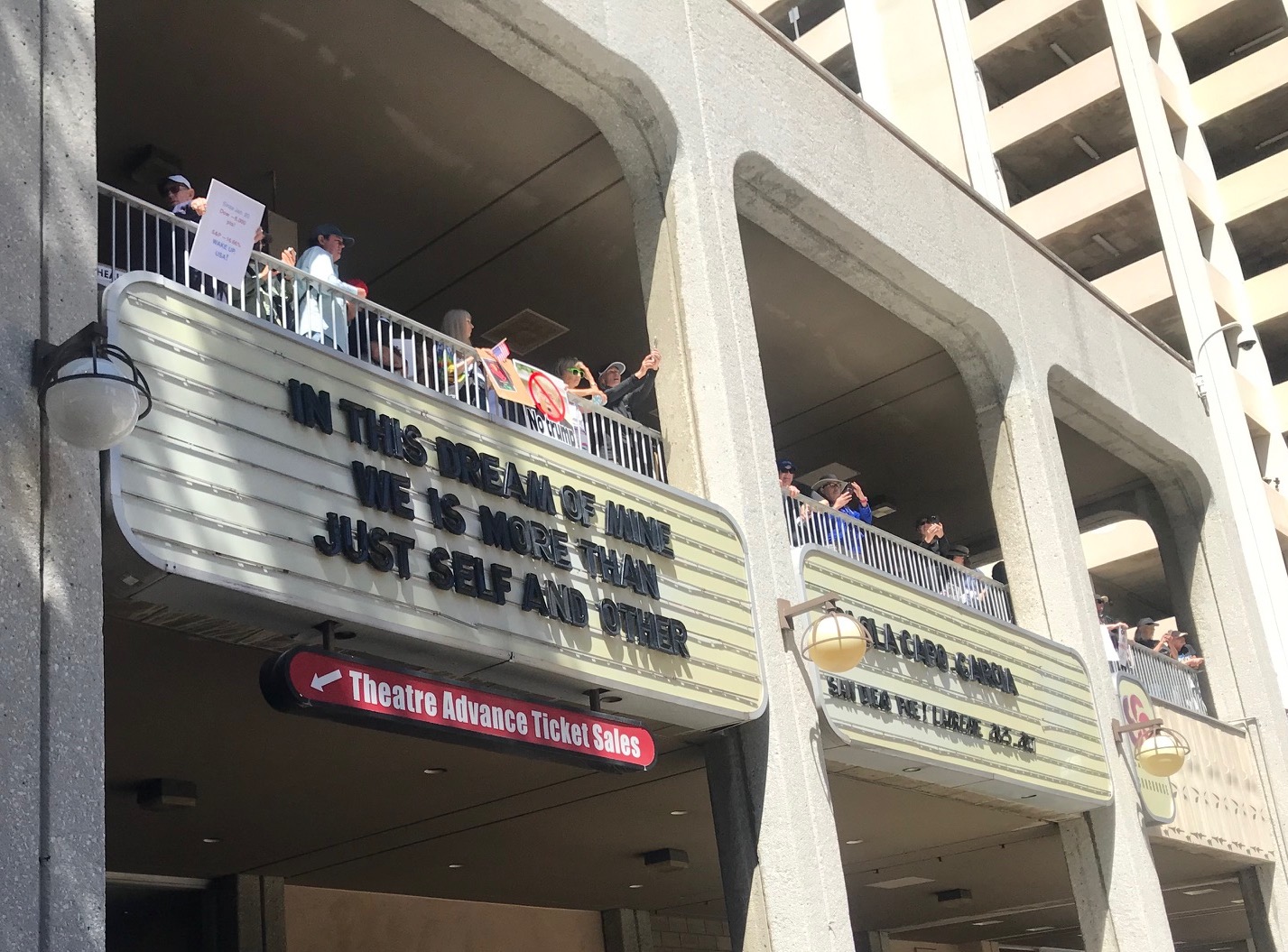
so if you or someone you know deserves recognition please let us know here.

